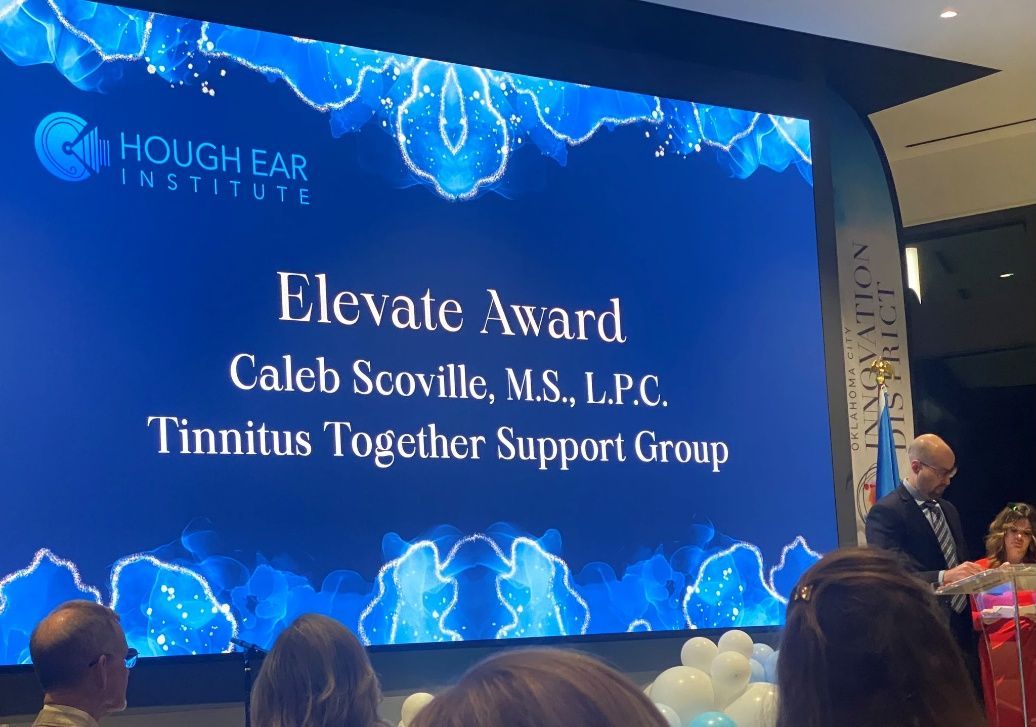Getting Through the Next Phase

by Kristen Callaway, LMFT
It’s simply mindboggling how much life has changed in the last 90 days since COVID-19 was given a name (1). The world became aware of an international health pandemic, our country went into a period of social distancing and quarantine, and now states are beginning to open back up. We wave to each other from a window, it’s expected to see people in masks and gloves, and we look for markings on the store floors to indicate a distance of 6 feet. Schooling, religious gatherings, employment – it has all changed drastically.
Resilience is a term we hear quite often; it can be defined as “an ability to recover or adjust to difficult situations or change.” There is no doubt about it, humans are resilient. You can see in the news, beyond all the press briefings and medical updates, stories of people coming together to support and encourage one another. And yet, the soul grows weary having to constantly recover and adjust – especially in isolation. I’ve certainly grown tired of staying in my house, I’m sure others have too. So how do we get through this next phase of society reopening while maintaining our strength and patience?
- Show kindness – to yourself and to others. For some, this period of quarantine has been a way to slow down, reconnect with family, and gain clarity about priorities. For others, this has been a time of significant stress – perhaps due to finances, difficult relationships at home, living alone, work changes. While we as a society have collectively gone through this pandemic together, we have all had our own unique experiences. Whatever the past few months have been like for you, it’s okay – especially if it’s been difficult. Most of us never planned to live through a quarantine and had no idea what to expect. We are also going to have our own experiences with the reopening and that’s fine too. Keep in mind, someone else having a different experience does not invalidate yours. Don’t beat yourself up with how things “should” have been. Take a deep breath, accept what is, and know that this is temporary.
- Maintain appropriate expectations. I’ve had some people tell me about their frustrations that they have more downtime, but they haven’t been able to go after a lofty goal (exercise, dietary, new hobby, etc). I’ve also had others talk about more being added to their plate (working from home, attempting a version of homeschooling, etc) and they can’t keep up with the never-ending laundry and dishes and yardwork. Whether you fit with one of those situations or are somewhere in between, now is not the time to beat yourself up. We have to redefine what normal looks like, and that includes our expectations for ourselves. I’m not saying you should just give up on any and all responsibilities and goals, but make sure you are being realistic about what you can accomplish and what your priorities are. As time goes on and we continue to recover and adjust, we can add more to what we expect of ourselves.
- Focus on what you can control. It’s common that when life feels chaotic, we grip tightly to what we feel we can control. Life becomes overwhelming when we try to control things we actually can’t. We are only responsible for our thoughts, feelings, actions, worldviews, etc. Oklahomans have a significant advantage here; we know that come tornado season, all we can do is be prepared and act responsibly. We have no ability to influence where a tornado goes. It is no different with a health pandemic. Take the health precautions you consider to be reasonable, decide what kind of social interaction/distance is best for you and your family, and respect that others may make different decisions. Remember, you also control who you spend your time with so don’t push yourself to interact with those whose decisions may make you uncomfortable.
A few other tips: limit how much news you consume, keep in contact with friends and family (technology can be a blessing here), get some fresh air and sunshine as often as you can, and if you’re struggling – seek counseling. Many therapists are offering telehealth along with in-person sessions. Remember - just as we have recovered and adjusted from natural and manmade disasters, we will also recover and adjust from the COVID-19 pandemic.
(1) Coronavirus Disease (COVID-19) - events as they happen. (n.d.).
Retrieved from https://www.who.int/emergencies/diseases/novel-coronavirus-2019/events-as-they-happen
Kristen Callaway, LMFT, is a Staff Clinician at Transforming Life Counseling Center.






